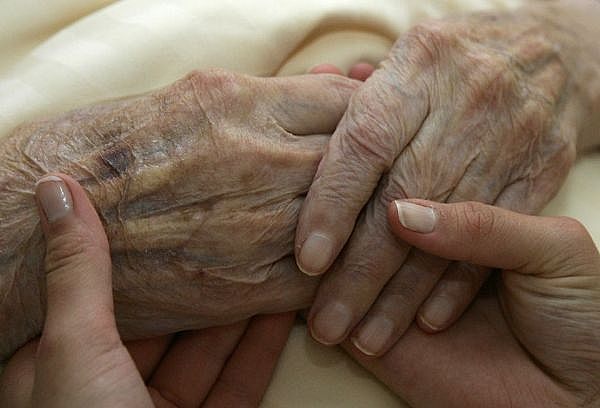
Dementia is a neurological disorder when the person slowly loses his/her memory and goes on to lead a difficult life. Dementia can be caused due to several factors form old age to Alzheimer’s disease. If you have a loved one who is suffering from dementia or know someone who needs help, you need to be sure about their needs and understand their requirements to be able to help them adequately. Here are seven definite facts about dementia that will help you take care of the patient well.
1. The most commonly occurring dementia is Alzheimer’s decease. A person who develops Alzheimer’s disease will not have a cure and hence require long term care and support from family members to live through the condition. The condition makes the patient entirely dependent on others and incapable of performing daily tasks and activities.
2. Alzheimer’s disease is more common among women as they live longer than men. The disease is caused by the loss of nerve cells in the brain. About 2 percent of 65 to 69 year old people are diagnosed with the disease. When you are in the age group of 75-79, the risk becomes 5 percent. The risk further increases for age groups 85-89 and above 90 years with 20 percent and 30 percent people susceptible respectively.
If the dementia is due to Alzheimer’s there is no treatment available and the patient must be well taken care of by the family members. However, some forms of dementia can be treated with proper medications and the degeneration controlled to a certain extent.
3. Dementia victims cannot even decide as to what they must wear and can make mistakes like wearing a warm sweater on a sunny day. They might forget to wear their glasses, place things in wrong places and can show extreme emotions which they were not used to before.
This could include sudden bursts of anger, extreme hostility, etc., on people who have been previously very gentle and outgoing. These changes must be met with understanding as they are involuntary and could be troubling the patient as well.
4. Loss of interest in activities and work that used to please them earlier is another symptom of dementia. Hobbies that they used to love and give them much pleasure and appreciation will soon seem difficult for them. They would either stop doing it or forget about their likes and dislikes.
There would always be a gloom in their demeanor and a disinterest or lack of understanding and forgetfulness that can be frightening for the family members, especially if the person has been very efficient and able.
5. As the brain degeneration progresses, dementia patients would find it increasingly difficult to remember even small things like where they are and how to get back home. They can continue walking without knowing where they are head to and cannot even remember whether they are in their own street. Familiar surroundings will no longer be familiar for them and most of them get lost in their own neighborhood.
At this stage, care must be taken and don’t let them go out alone. Someone must always accompany them and make sure that they are safe and sound and back home without getting lost.
6. When a person starts developing dementia., they will face an inability to work with numbers. They will no longer be able to manage their accounts and will have a difficult time counting money and managing normal account related activities. This will make them susceptible to grave mistakes with money whether it is work related or otherwise.
This is one of the first signs of dementia and as the degeneration progresses, they can no longer safely handle money and other important documents and will need the help of others in managing their daily accounts and activities.
7. Dementia is also more common among people with a lower educational background. This could be due to the less chances they get in exercising their brain with intelligent activities. However, this does not mean that people from higher educational background do not have a chance of developing dementia. All men and women are susceptible to dementia of some kind, which can be temporary or permanent due to their living conditions and due to the wear and tear of the brain cells.
Dementia is a difficult condition to live with. However, information about the condition and ways to tackle it will create a huge difference in the lives of dementia patients and their loved ones.




